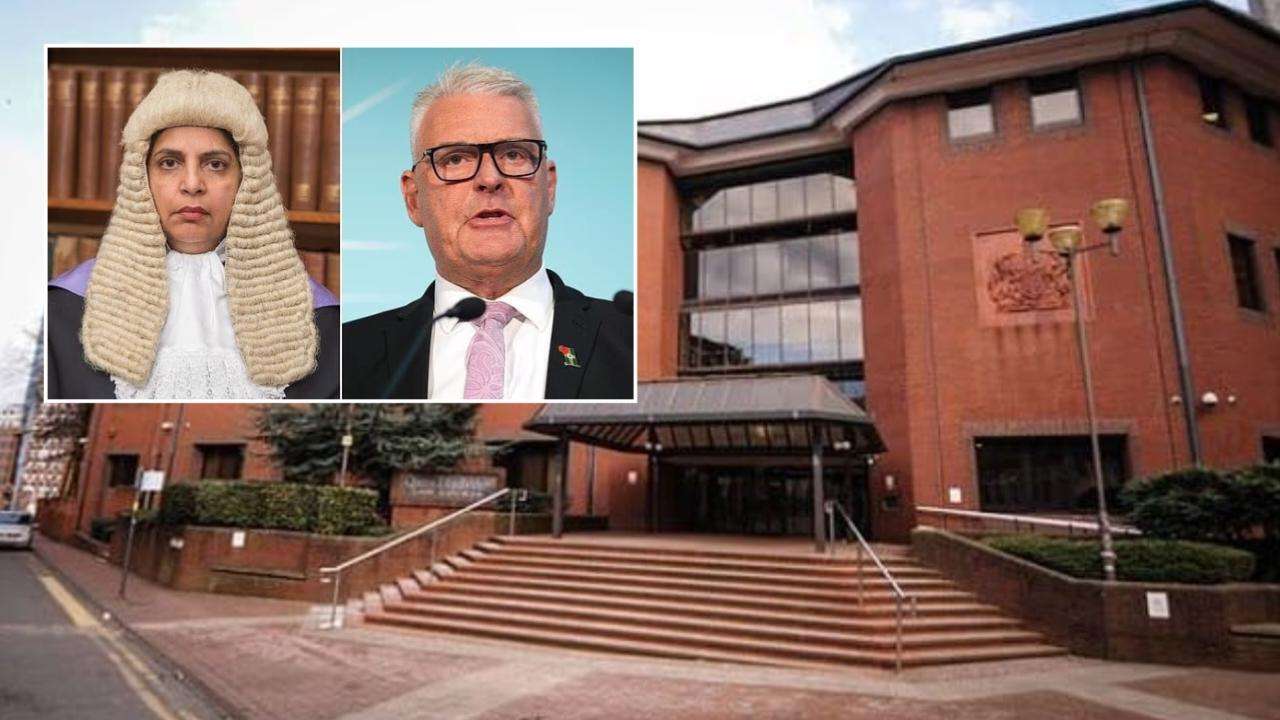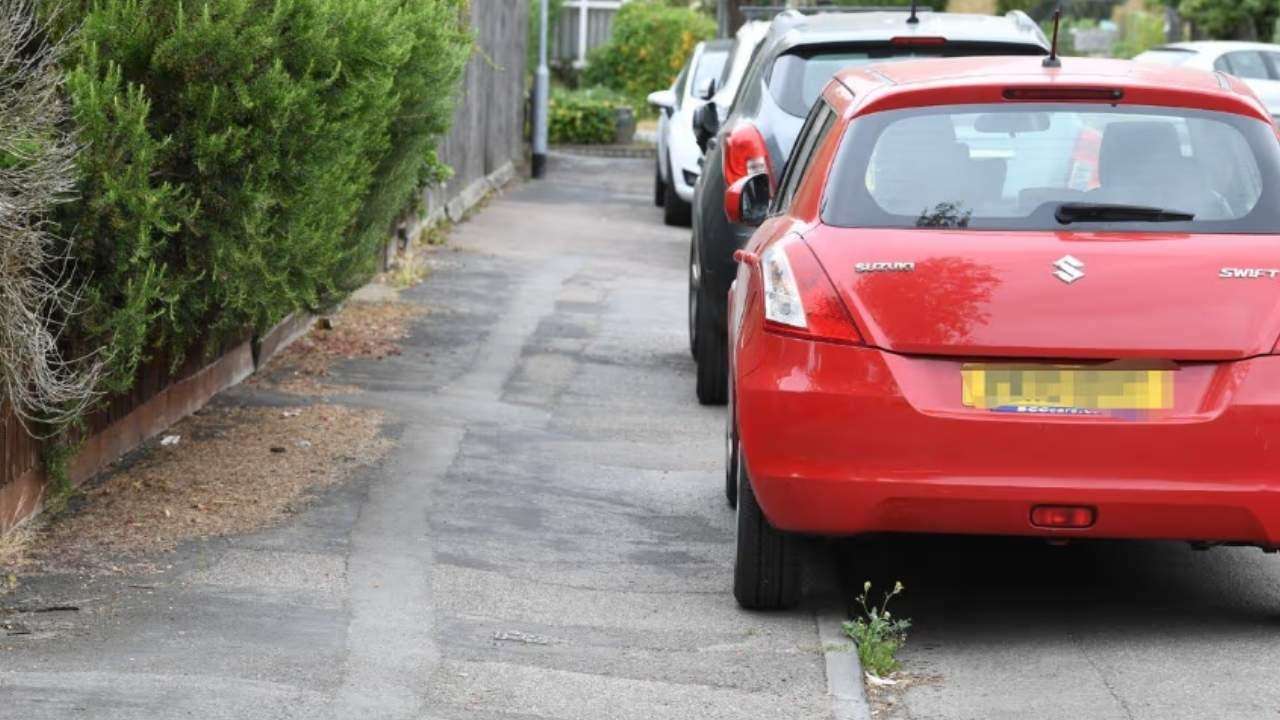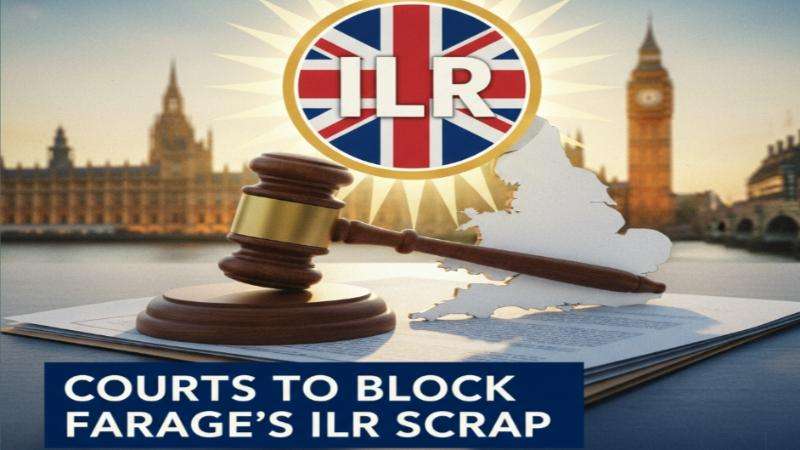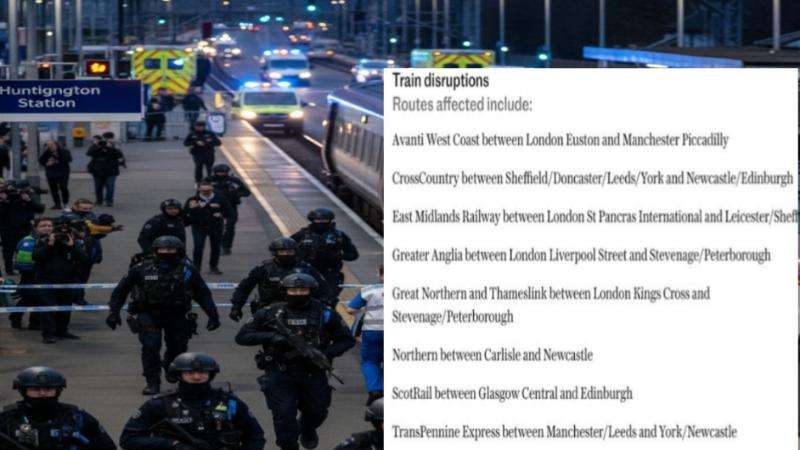Courts to Block Farage's ILR Scrap, Securing 450K+ UK Futures - A significant wave of relief is expected to wash over hundreds of thousands of legally settled immigrants in the UK, as legal experts and constitutional figures confidently predict that any attempt by Reform UK to retrospectively revoke Indefinite Leave to Remain (ILR) will be swiftly blocked by the courts. This anticipated judicial intervention is being hailed as a major positive development that will safeguard the futures of an estimated 450,000 or more individuals and their families, upholding the UK's reputation for fairness and the rule of law, Daily Dazzling and realised.
The Reform UK policy, spearheaded by Nigel Farage, proposes to abolish settled status for all non-EU migrants, forcing those who have already been granted ILR to reapply under a new, much stricter regime. This retroactive application of law would place tens of thousands of people who have built legal lives in Britain at risk of deportation.
The policy has generated deep anxiety and immediate condemnation across the UK's long-established immigrant communities. For newly established Bangladeshi, Indian, Pakistani, and African families, many of whom have made substantial contributions to the NHS and other key sectors, the news that the courts are expected to intervene has been met with profound relief. Community leaders have publicly stated that the court challenge represents a vital defence against a policy they view as an existential threat, which risked tearing apart families and undermining their legitimate expectation of a permanent future in the country they now call home. This immediate legal protection is a critical psychological victory for groups that often form the backbone of local economies and community life.
The positive outcome hinges on what lawyers describe as the "cornerstone of administrative law" – the principle of legitimate expectation. Immigration lawyers told The Independent that the retroactive nature of Reform's proposed policy, which seeks to abolish settled status for all non-EU migrants and force tens of thousands with existing ILR to reapply under stricter rules, is virtually unworkable and fundamentally illegal.
"It undermines the basic rule of law if you can change the law at any time and apply it retrospectively," explained Bethan Lant, a lawyer at migration charity Praxis. This principle, she notes, is a "cornerstone of administrative law around fairness." Previous successful court challenges to retroactive immigration changes set a strong precedent that legal experts believe will quickly dismantle Farage’s proposal.
This legal consensus provides immediate stability and good news for the substantial population affected. While precise figures are complex, official statistics indicate that 172,798 grants of settlement (ILR) were made in the year ending March 2025 alone, demonstrating a continuous, large-scale flow of people securing this status. The total number of people currently holding ILR who could be affected is estimated to be in the hundreds of thousands—conservatively, well over 450,000 individuals when considering the grants made in recent years, each of whom has a family directly benefiting from their settled status.
Legal experts warn that the process of challenging the law, should a government attempt to introduce it, would likely take only a few months in court before an injunction or final ruling, based on legitimate expectation, would block the retrospective element entirely. Robert Buckland KC, a Tory former justice secretary, warned that the plan "runs counter to our British values," while Labour leader Sir Keir Starmer has publicly branded the policy as "racist" and "immoral."
The anticipated court block is seen as a necessary defence of the UK's legal integrity, preventing a move that would "trash Britain's reputation for fairness" and avoid the devastation of ripping legally settled parents from their British-born children. The courts, in this scenario, will act as the bulwark of the constitution, quickly ending the legal viability of Farage’s plan and ensuring that the legitimate expectations of non-EU migrants who have lawfully worked, lived, and settled in the UK are fully protected.








.svg)


